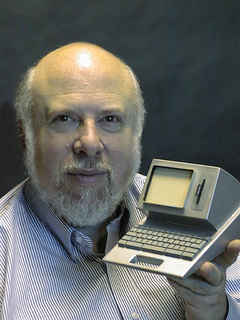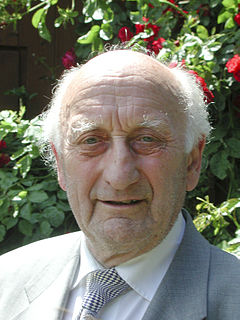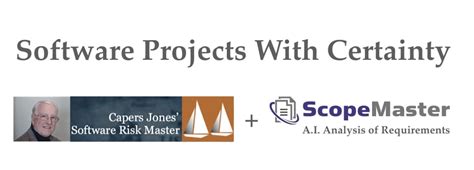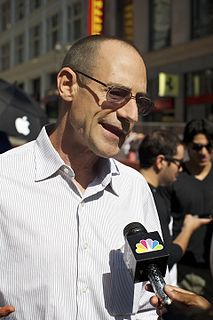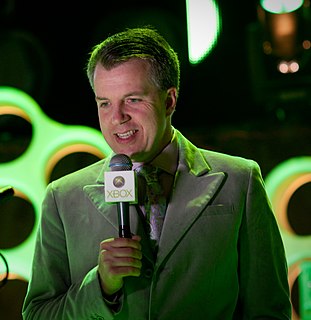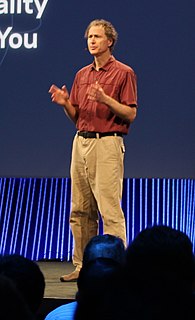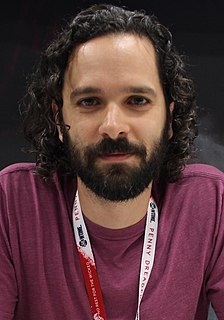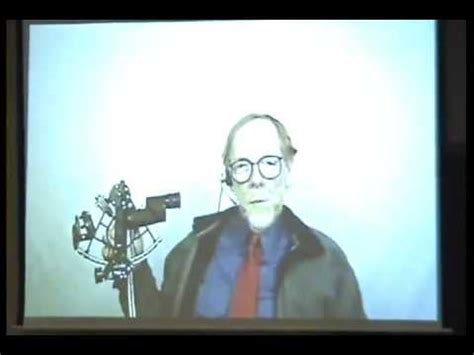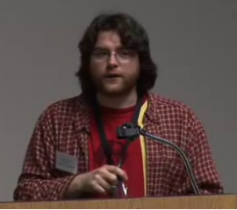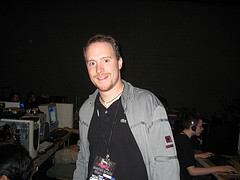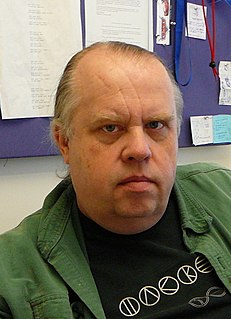A Quote by Ward Cunningham
When I was at Tek, I was frustrated that computer hardware was being improved faster than computer software. I wanted to invent some software that was completely different, that would grow and change as it was used. That's how wiki came about.
Related Quotes
The burgeoning field of computer science has shifted our view of the physical world from that of a collection of interacting material particles to one of a seething network of information. In this way of looking at nature, the laws of physics are a form of software, or algorithm, while the material world-the hardware-plays the role of a gigantic computer.
I am confident that we can do better than GUIs because the basic problem with them (and with the Linux and Unix interfaces) is that they ask a human being to do things that we know experimentally humans cannot do well. The question I asked myself is, given everything we know about how the human mind works, could we design a computer and computer software so that we can work with the least confusion and greatest efficiency?
We shifted our philosophy from being a computer mapping group that would support planners to the idea of building actual software that would be well engineered. Because at that time, our software was not well-engineered at all; it was basically built with project funding and for project work, largely by ourselves.










